AI and Security: How Artificial Intelligence is Revolutionizing Situational Awareness
Modern security systems are becoming AI-smart, mitigating human error and improving situational awareness. AI is no longer a fantasy; it's real and impacting the way we secure our buildings, schools, transportation systems, data centers, hospitals, and critical infrastructure.
Gone are the days when we relied on officers to monitor hundreds of video feeds only to miss an incident that could have been easily avoided if they had only seen it or had not been distracted by other responsibilities.
Today, we have the capability to scan thousands of cameras in seconds using AI to provide simple analytics, such as loitering detection, to more complex behavioral analytics that can spot aggressive behavior.
AI technologies are improving situational awareness while allowing businesses to optimize available resources. AI technologies can not only anticipate a potential threat, but AI can trigger actions to mitigate the risk, vulnerability, and potential damage that the threat might cause if unchecked.
Humans are prone to inevitable mistakes. The truth is—humans aren't perfect. Monitoring duties can trigger temporary states of fatigue that impact an individual ability to be situationally aware.
Remember the days of having to few hours of video to find a couple of seconds of footage related to an investigation and being distracted by phone calls and other interruptions, causing you to hit pause or miss what you were looking for? Now, the system scans the video for specifics like colors, gender, descriptors, and vehicle types. It's like having a superhuman assistant in the office who never tires and analyzes countless amounts of data points without getting fatigued while we multi-task to complete other projects.
The Autopilot You Hope Never Goes Rogue
When a security threat pops up, AI, by virtue of its immense ability, can lock down buildings faster than a security officer. But the questions keep coming up: should we allow AI this much authority that it's the key decider regarding armed responses? The implications of automated decision-making by AI when the stakes are high remain debatable.
Future Security: Drone Swarms, Quantum Technology, and AR Glasses
Drone Swarms - AI-operated drones swarming through high-risk areas protecting our critical infrastructure may provide a way to increase security without having to add FTEs.
Quantum Encryption: Imagine encryption as so complex, making it impossible to hack.
Augmented Reality Security: This might be an overstretch, but we're not far from seeing personnel wearing enhanced AR gasses that provide them with real-time intelligence, which will identify individuals and give a peek into their backgrounds or roles.
The Tightrope Walk Ahead
As AI technologies are adopted, security professionals walk a tightrope between how much AI is too much, at what point we dehumanize personal interactions, and at what cost. AI may mitigate the likelihood of an incident occurring, but ultimately, we still need to rely on who is operating and maintaining it.
AI technologies should be designed to enhance human judgment rather than replace it. Be wary of the conversation that starts with our AI technology, can reduce headcount.
Copyright 2025
Disclaimer: A portion of the text in this article may have been created by or utilized to enhance SEO, grammar, spelling, punctuation, and other writing elements through AI, which aims to be informative and helpful.
